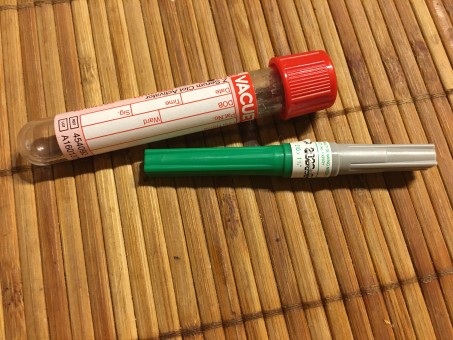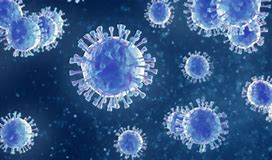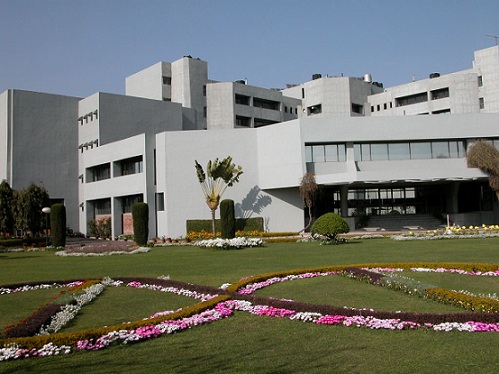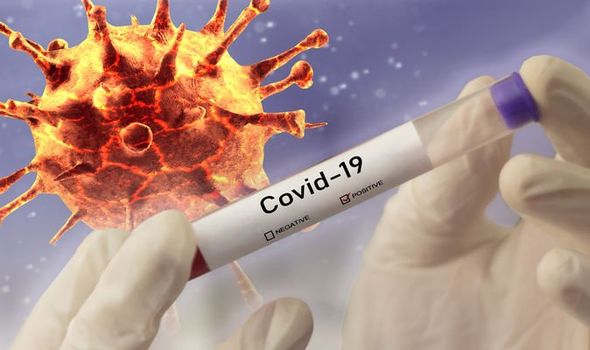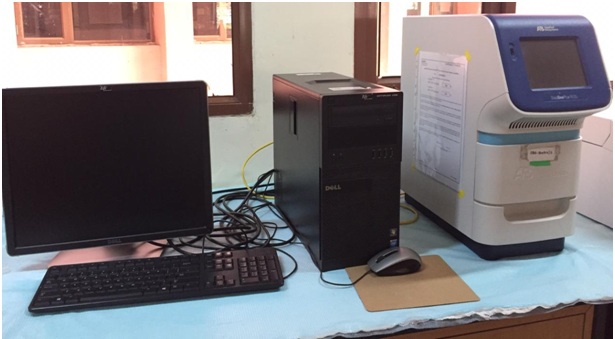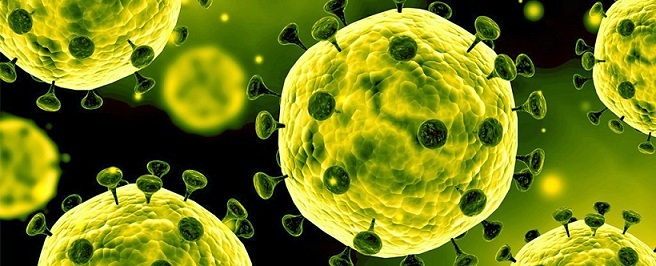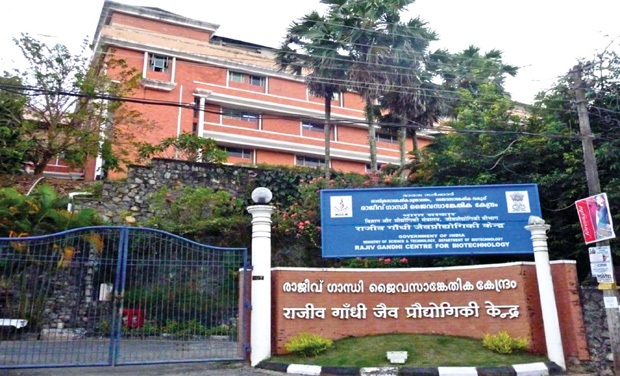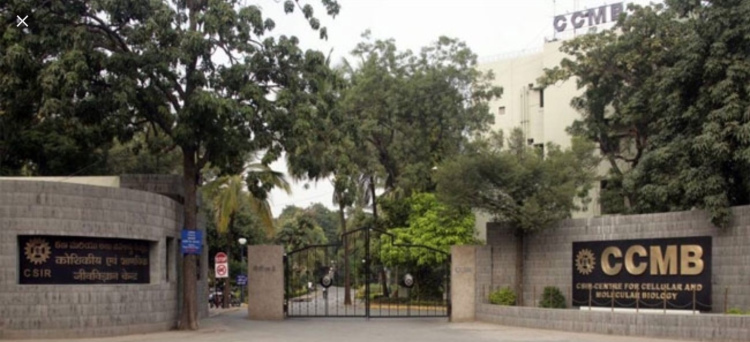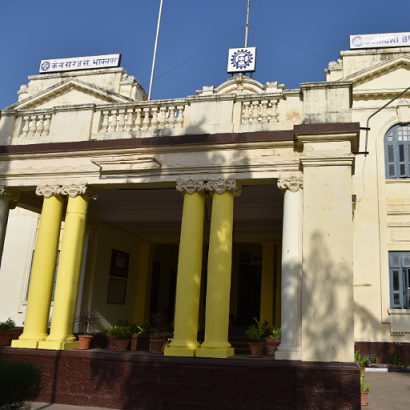
Breast-cancer is the most common cancer in women in India. Estimated one in twenty eight women is likely to develop breast cancer during her lifetime. In urban areas, one in twenty two women is likely to develop breast cancer during her lifetime as compared to rural areas where one in sixty women develops breast cancer in her lifetime.
Earlier research had demonstrated that breast cancer patients had reduced production of a protein in the body called Estrogen-related receptor beta (ERRβ), that resulted in proliferation or rapid division of breast cancer cells and their migration to other parts of the body, and that if the protein can be over expressed in breast cancer patients, it can result in an improved prognosis and prolonged relapse-free survival. However, it was so far not known as to how and why the production of ERRβ protein was reduced in breast cancer patients.
A new study by the cancer research group at the Department of Biotechnology's Institute of Life Sciences (DBT-ILS) has resolved the mystery and promises to pave the way for developing better drugs for breast cancer. The researchers have unraveled the molecular mechanism for the phenomenon. It is found that the ERRβ protein is a key substrate of the SCF complex and deregulated activation of the SCF complex due to the NEDDylation of Cullin subunits of the SCF complex, targets ERRβ for degradation in breast cancer.
Consequently, the team led by Dr. Sandip K Mishra has demonstrated that a molecule called MLN4924 can restore the expression of the ERRβ protein and help reduce cell proliferation and migration of breast cancer cells.
A new study by the cancer research group at the Department of Biotechnology's Institute of Life Sciences (DBT-ILS) has resolved the mystery and promises to pave the way for developing better drugs for breast cancer.
The study has also demonstrated that restoration of ERRβ expression in breast cancer with the help of MLN4924, promotes the production of two important tumor suppressors p21 and E-cadherin, involved in the arrest of cell proliferation and migration.
Breast cancer is the predominant cause of cancer deaths in underdeveloped countries, representing 14.3% of all cancer deaths. In 2018, 1,62,468 new cases and 87,090 deaths were reported for breast cancer in India The incidence rates in India begin to rise in the early thirties and peak at ages 50-64 years.
The therapeutic options are very limited for patients with advanced breast cancer that developed acquired drug resistance and/or disease recurrence or metastasis following first-line chemotherapy. The new study could help address these issues.
The researchers have published their findings in the scientific journal, Nature's Cell Death and Disease. The study was conducted in collaboration with the Imperial Centre for Translational and Experimental Medicine (ICTEM), Hammersmith Hospital, Imperial College, London, and All India Institute of Medical Sciences (AIIMS), Bhubaneswar, The team consisted of Sanoj K. Naik, Eric W.-F. Lam, Monalisa Parija, Surya Prakash, Yannasittha Jiramongkol, Amit K. Adhya, and Dilip K. Parida, besides Sandip K. Mishra.
India Science Wire
VS/DBT/SP/01-09-2020
Contact details: Dr. Sandip K Mishra (Scientist F, ILS), D. Mamoni Dash (Communication Officer, ILS)
Link: https://www.ils.res.in/


